Impact Story
St. Gerard House
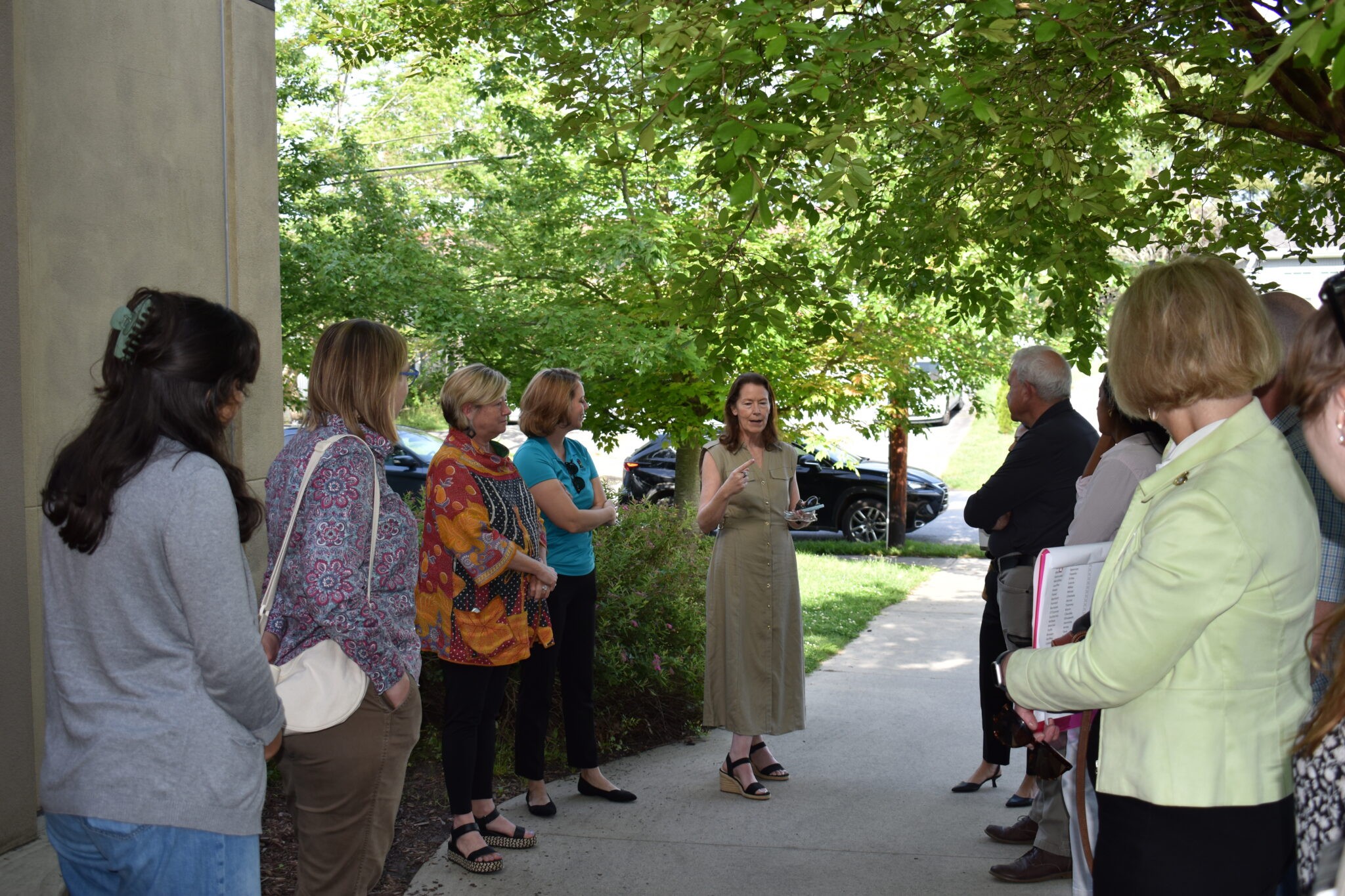
St. Gerard House has long been a lifeline for individuals with autism and their families in Western North Carolina—and now, with support from Partner Community Capital, the organization is poised to expand its impact like never before. PCAP is playing a pivotal role in financing the first phase of a transformative $21 million project: the creation of the St. Gerard Center for Autism, a new 45,230-square-foot facility that will bring all of the organization’s programs under one roof. Through a strategic partnership with Reinvestment Fund, PCAP is helping St. Gerard House acquire the building and fund critical design and permitting work—laying the groundwork for a more efficient, cost-effective, and accessible model of care. “This project is about more than bricks and mortar,” said Erika McGilley, PCAP’s Chief Lending Officer. “It’s about removing barriers to care and helping a vital community resource reach even more families.”
The impact of PCAP’s investment extends far beyond the building itself. By supporting the consolidation of operations from six separate sites to a single campus, PCAP is helping St. Gerard House reduce overhead, expand services, and create up to 50 new living-wage jobs. Programs like clinical ABA therapy, vocational training for young adults, and whole-family support through initiatives like Family Group Night will now be more accessible than ever. “This kind of project is exactly why PCAP exists,” McGilley noted. “We look for opportunities where capital can transform lives—not just through financial return, but through deep community impact.” With the new center positioned to reduce waitlists, diversify revenue, and serve more families, PCAP’s support is helping to ensure that the promise of inclusive, individualized care becomes a permanent part of the region’s future.
Impact Story
Bionic Tire
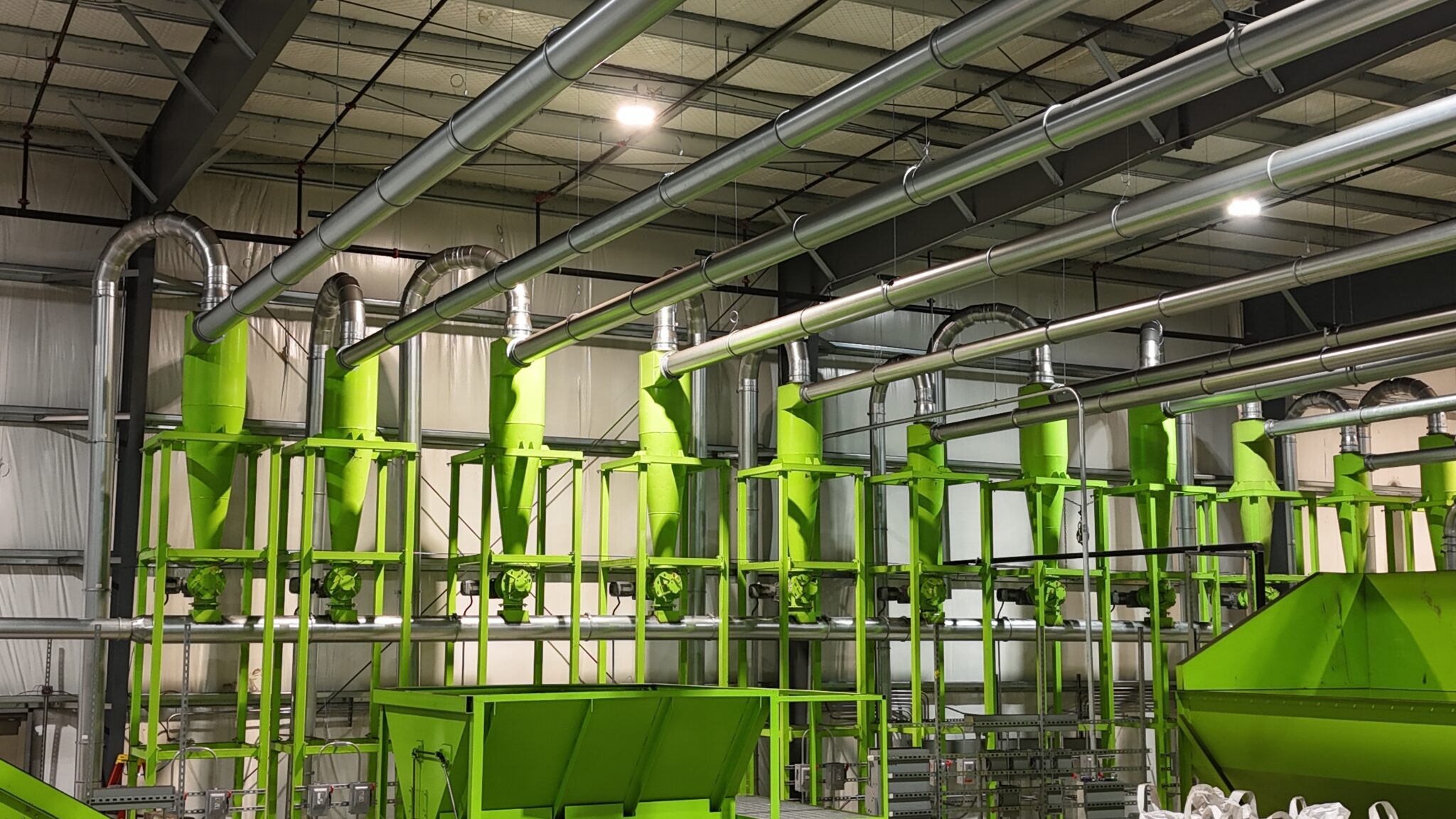
Partner Community Capital is advancing its mission to fuel sustainable innovation with its investment in Bionic Tire Recycling, a cutting-edge facility in Preston County, West Virginia. Backed by financing from PCAP through the West Virginia Capital Access Program (WVCAP), the 42,000-square-foot operation will recycle thousands of used tires annually — diverting waste from landfills and converting it into valuable materials for use in construction, manufacturing, and energy production. By partnering with First United Bank & Trust and the West Virginia Economic Development Authority (WVEDA), PCAP helped secure the capital needed to move this high-impact project forward. “Tire waste is a significant environmental issue,” said Kevin O’Connor, PCAP’s Senior Vice President & Central Appalachian Market Manager. “This project addresses that challenge while creating economic opportunity right here in our region.”
For PCAP, the support of Bionic Tire Recycling reflects a broader commitment to building sustainable, circular economies in rural and under-resourced areas. By financing advanced recycling technology that transforms shredded rubber into versatile crumb rubber products, PCAP is helping create jobs, reduce landfill waste, and reduce dependency on virgin materials. “This is exactly the type of innovation we aim to champion,” O’Connor said. With operations poised to benefit both the environment and local economy, PCAP’s investment is helping make possible a future where environmental responsibility and economic development go hand in hand. Through WVCAP and collaborative lending strategies, PCAP continues to prove that access to capital can drive meaningful change—and build stronger, more resilient communities.
Impact Story
The Tygart Hotel
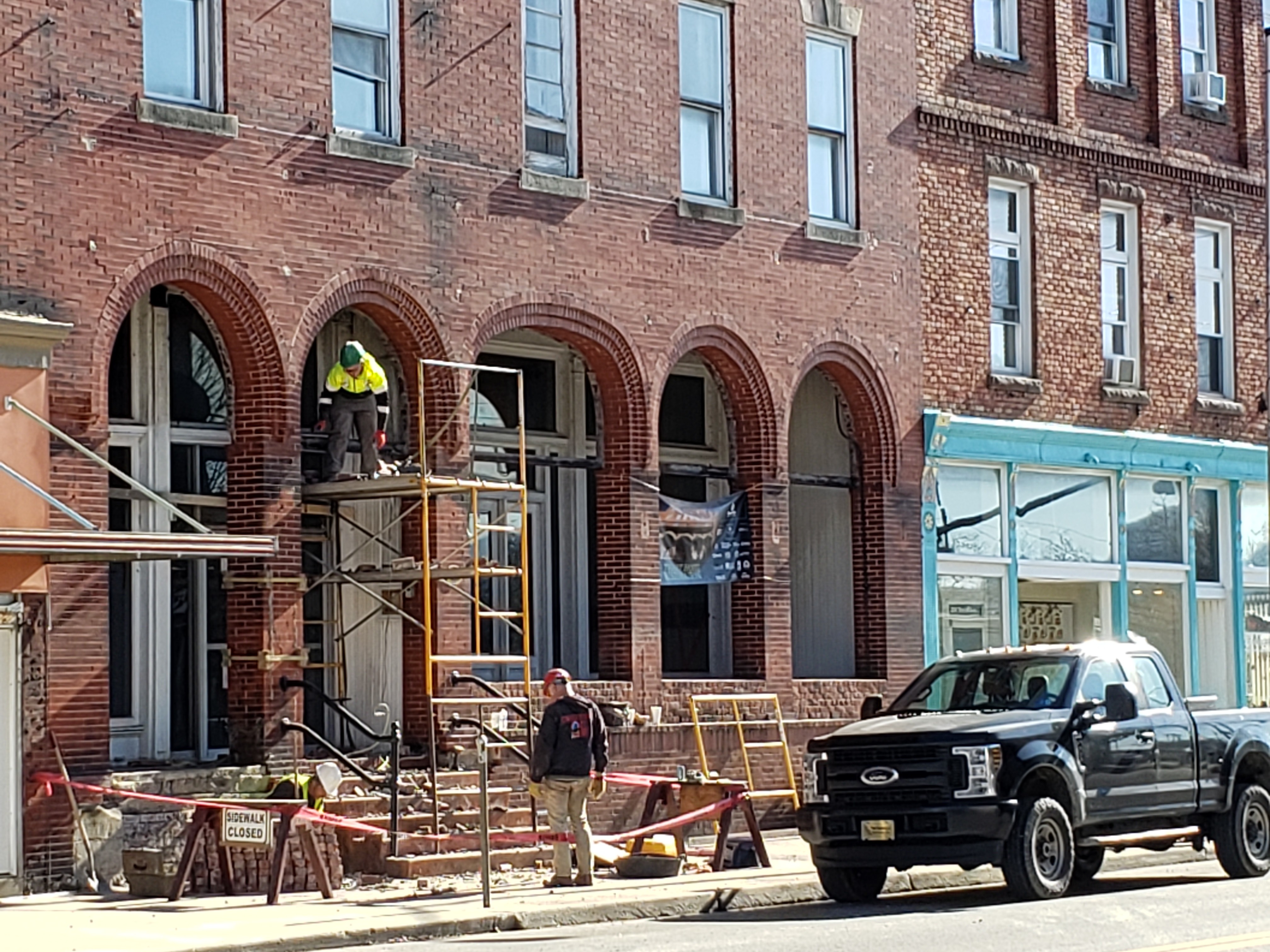
In 2022 Partner Community Capital closed our largest loan and first New Markets Tax Credits (NMTC) leveraged loan - $2.2 million in construction financing for redevelopment of the Historic Tygart Hotel into a boutique hotel and restaurant. PCAP joined 2 other CDFIs, 3 community banks, the WV Economic Development Authority, and US Bank to put together a $16 million package for the 6-story, 42,000 square foot project that will create 150 jobs during construction and 55 quality, permanent jobs. The Tygart Hotel is in a distressed census tract in downtown Elkins, WV where it will primarily serve visitors of the Monongahela National Forest, wilderness areas, and ski areas. In addition to providing financing for the project, PCAP provided funding to help cover the cost of a NMTC consultant as well as a Certified Energy Manager (CEM) to improve the energy efficiency of the project and prepare a $250,000 grant application to the USDA Rural Energy for America Program.
Photo by Woodlands Development & Lending
Impact Story
Williamson Memorial Hospital
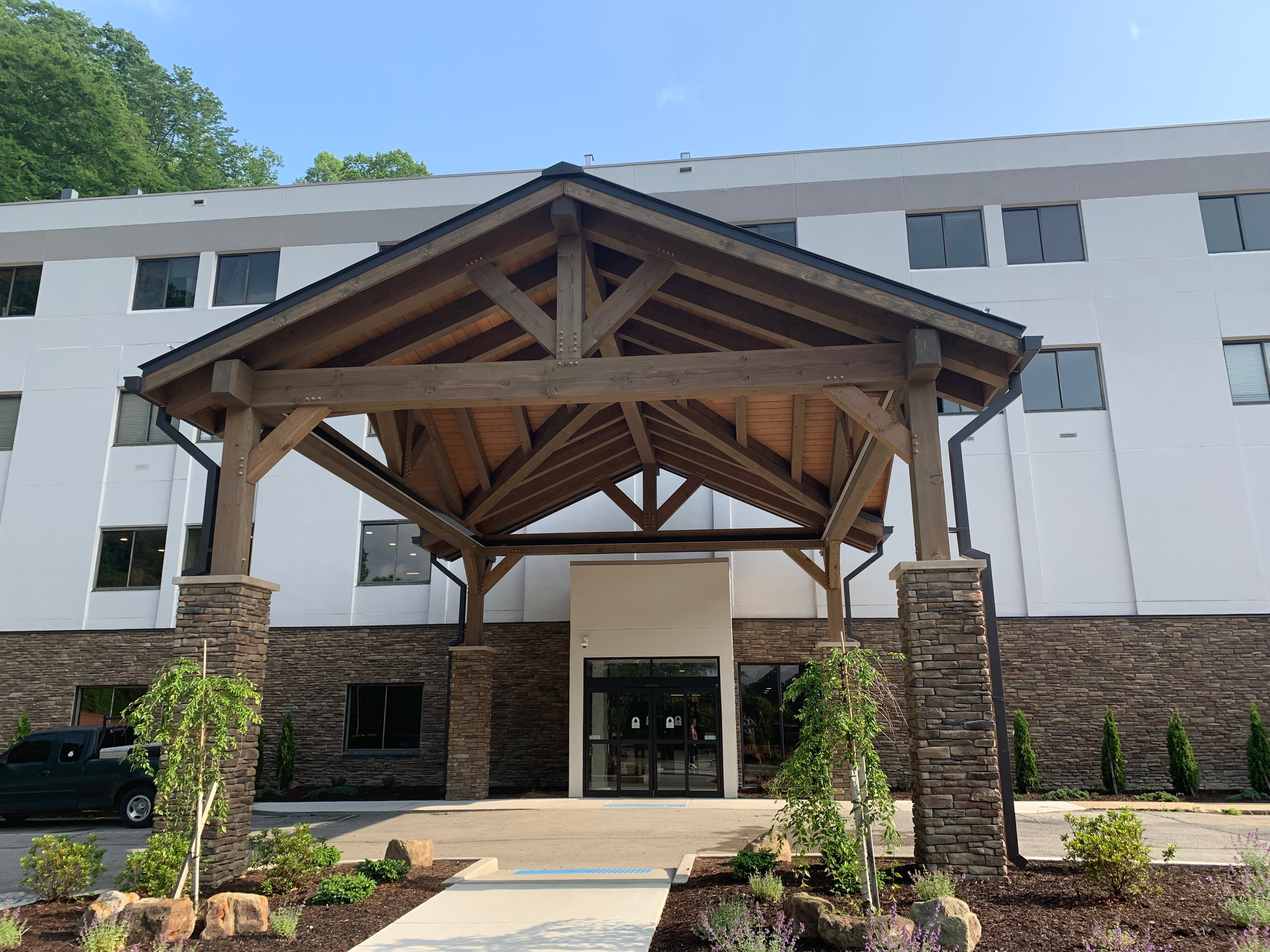
In Mingo County, West Virginia, a remarkable transformation is unfolding at Williamson Memorial Hospital, thanks in part to a crucial $2 million investment from Partner Community Capital (PCAP). This funding is pivotal in the hospital's resurgence, enabling it to cover initial operating expenses, hire employees, and launch essential lab and radiology services. Established in 1921, Williamson's first hospital thrived alongside the coal industry, which dominated the local economy. However, the decline of the coal industry in the 1970s led to significant economic challenges for the region and its healthcare facilities.
The investment from PCAP is more than just financial support; it is a lifeline that has breathed new life into Williamson Memorial Hospital. PCAP’s loan is projected to return 65-70 quality jobs to the area, many of which were lost in bankruptcy in 2019. This job creation is crucial for Mingo County, which faces persistent poverty with a 21.3% poverty rate, a declining population at an 8.1% loss rate, and is classified as a distressed county by the Appalachian Regional Commission.
Impact Story
Supporting Energy Efficiency
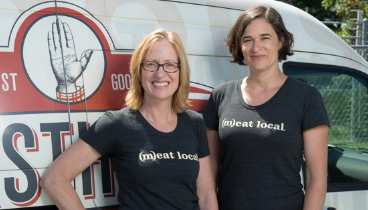
Partner Community Capital recently issued a loan to Firsthand Foods, a women-owned, mission-driven, B-Corp certified, food hub located in Durham, North Carolina. Firsthand Foods connects humanely-raised beef, pork, and lamb with local consumers.
Global supply chain arrangements dominate the meat industry, while small-scale farmers are often denied access to market opportunities. Firsthand Foods focuses on building a robust market for local, pasture-raised meats that consumers can trust were raised humanely in a spirit of fairness and stewardship. The business is a network of small-scale pasture-based livestock producers that shares the same values of dignity, quality, accountability, and innovation. The livestock producers sell their animals to Firsthand Food, where they aggregate, market, and distribute their meats to retail and food service customers. In return, Firsthand Foods provides the farmers with meat quality and pasture management information, allowing the farmers to make adjustments as needed to meet their customers’ standards.
PCAP’s loan will enable Firsthand Foods to purchase a more energy-efficient walk-in cooler for their business and help reduce energy costs.
Jennifer Curtis, CEO of Firsthand Foods, said of their relationship with PCAP and the loan, "Partner Community Capital's ongoing financial support is instrumental in our strategic expansion at Firsthand Foods as well as our commitment to sustainability. We used our loan from PCAP to purchase a state-of-the-art, energy-efficient, 900 sq ft walk-in freezer and cooler. This crucial new piece of equipment allows us to store and deliver even more responsibly sourced meats to our communities.”
Impact Story
Building local food systems...sustainably
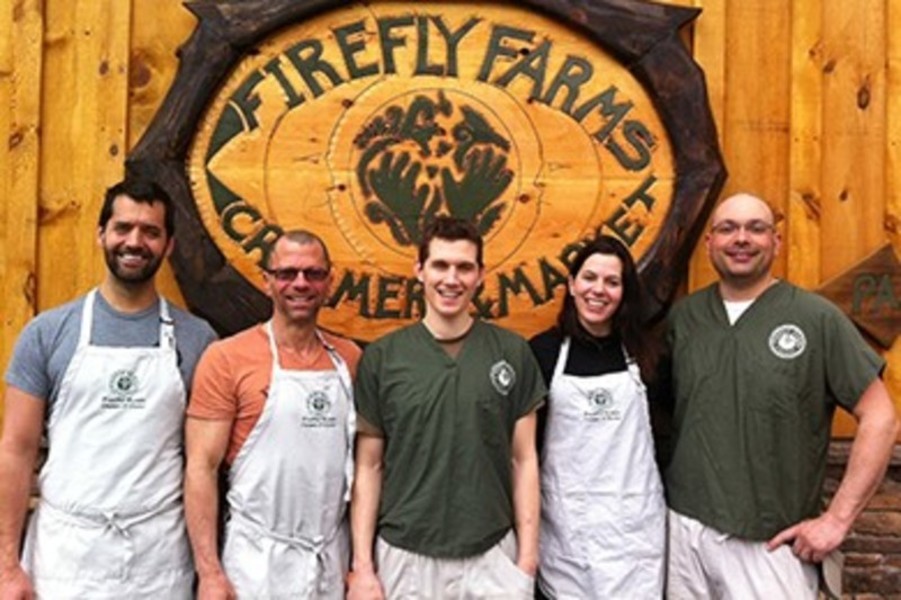
It all started with a neighbor’s goats and the question: “Can we milk ‘em to make cheese?” With that, Michael Koch and Pablo Solanet created what would eventually become Firefly Farms’ most popular cheese, the Allegheny Chèvre.
Twelve years later, the Firefly team has grown and prospered by selling a divine selection of nationally and internationally award-winning cheeses at their Accident, Maryland market and in retail locations like Whole Foods. If you’re in the DC metropolitan area, you may have even tasted their cheese on your sweetgreen salad.
Michael and Pablo have always understood the importance of fairness and sustainability in business. Firefly sources milk from local goat farmers within a 30-mile radius who are paid on the quality of their milk and are committed to humane animal husbandry. The creamery eliminates waste by productively reusing its protein-rich cheese by product, sweet whey, for animal feed.
PCAP provided loan capital and technical support to Firefly for the purchase and installation of a 27 kW solar PV system, which reduced Firefly’s energy bill by 33%. The system will produce over 200,000 kW of electricity over 7 years, and will ensure many more sunny and delicious days ahead for Firefly.
Photo by Michael Koch
Impact Story
Creating Jobs by Protecting Water Quality
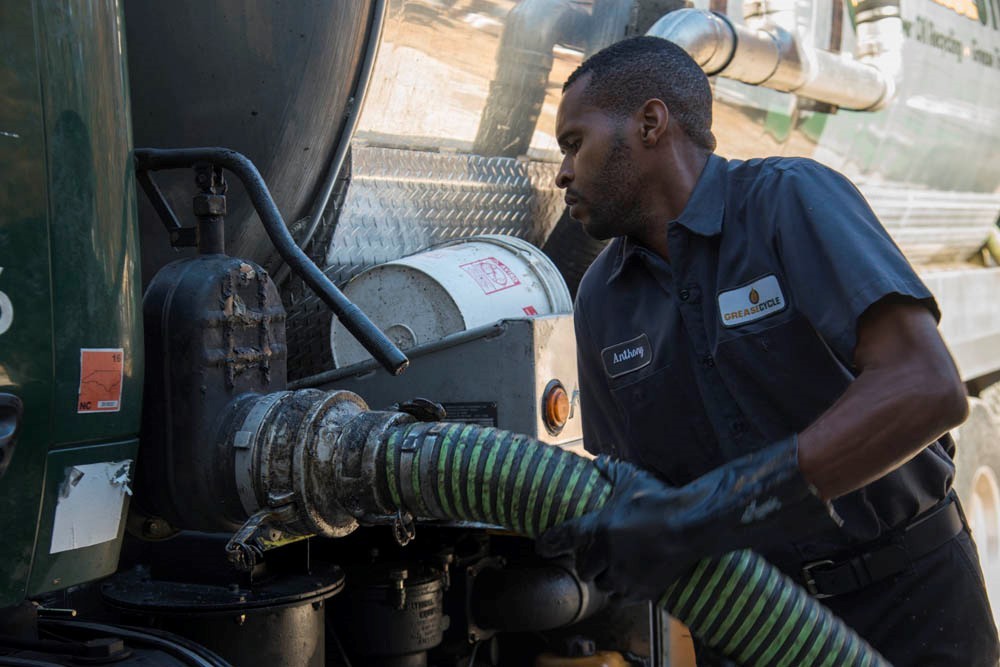
Recycling doesn’t always mean paper and plastic. Dylan Gehrken and his company Greasecycle collect and refine millions of pounds of used cooking oil and waste trap grease from North Carolina businesses for biofuel and compost each year. Not only is this work good for the environment; it’s also good for business.
Shortly after graduating with a degree from the University of Virginia’s economics program, Gehrken recognized an untapped economic opportunity in grease recycling. Gehrken put together a plan to provide companies that pump grease traps in North Carolina’s Research Triangle with an affordable and environmentally responsible way to dispose of their waste. Unfortunately, transportation costs can make grease trap waste collection inherently unprofitable. As the closest disposal sites were 30 miles away, some local businesses would resort to illegally dumping their waste into sanitary sewers.
PCAP provided Greasecycle with a loan to purchase equipment and construct a grease trap waste processing facility at an industrial site in Raleigh, NC. The processing plant not only expedites the recycling process but gives Greasecycle and its competitors an affordable alternative to transporting the waste significant distances for disposal.
In 2015, PCAP refinanced and increased Greasecycle’s original loan to help the company purchase its property and continue to grow.
The company has demonstrated new ways to give these waste products a second life as biofuel or compost, while protecting water quality in the Neuse River watershed and creating jobs in the process. Since PCAP’s investment in 2012, the business has grown from four employees to 18 and from servicing 350 restaurants to 1,700 accounts in a 175 mile area. In 2018, Greasecycle was named to the Inc. 5000 list of fastest-growing private companies in the United States and is a true triple bottom line success story: outsized environmental impact, quality employment and financial success.
“NCIFund has been a fantastic partner to Greasecycle and an instrumental part of our success! They took a risk on us when traditional financing was not an option without three years of positive cash flow. NCIFund fills a much-needed gap in the market between angel/seed equity investors and traditional debt financing.” – Dylan Gehrken, President, Greasecycle
Photo by Bill Bamberger
Impact Story
Addressing Vital Health Needs in Rural West Virginia
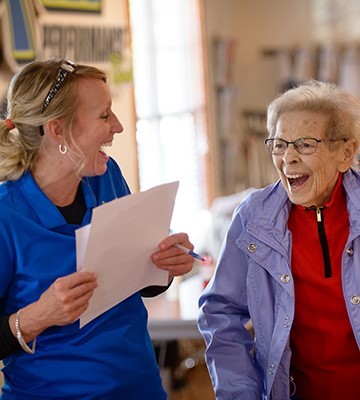
Physical therapist Karen Shambaugh specializes in Lymphedema treatment— a treatable—but not curable—condition that can occur after cancer surgery or radiation affecting the lymph nodes. She’s the only therapist who does this within 75 miles of Ridgeley, West Virginia. She also provides a full range of other physical therapy services, including treatment for back and neck pain; headaches; post-operative and sports rehabilitation; and geriatric problems. Her services are certainly needed: West Virginia has the highest rate of Social Security disability recipients in the United States.
After 16 years of ever-increasing responsibilities working for two other rehabilitation services, Karen wanted to enhance the level of care and treatment to people in her community, and she decided it was time to strike out on her own. She recruited an experienced staff and found a perfect location between Short Gap and Ridgeley. She had a long list of clients who were delighted to keep using her services, along with a growing number of area physicians who knew her work and were happy to refer patients to her.
Almost everything Karen needed was there—talent and experience, a real local need for her services, a seasoned team of professionals and a perfect location. But she was short of the capital she needed to cover her start-up costs.
That’s when she turned to PCAP. PCAP’s mission-driven lending includes loans to support critical community services, like medical facilities, which are in high demand but short supply in rural areas. PCAP partnered with a state-run revolving loan fund to provide a loan to cover the cost of equipment, needed building renovations, supplies, and working capital. Karen opened X-Cel Performance Rehab in January 2016, and the clinic’s patient load has grown steadily. Things have gone so well, in fact, that PCAP helped her purchase her building in September 2017, an additional big step forward for X-Cel.
X-Cel serves about 100 patients per week and has grown to a staff of six therapists and one administrator, making it an important employer in Ridgeley, a town of 643. She is contemplating providing additional services, which will keep her business growing.
The people she has helped are ecstatic. One patient’s five-star review—the only kind the clinic has received—is typical:
"The positive experience of Xcel Performance Rehab begins when I walk in and lasts long after I leave because I know I am in the road to recovery. Karen's enthusiastic, outgoing personality and "we are in this together" attitude make therapy sessions enjoyable. I recommend X-Cel Performance Rehab to everyone who needs physical or occupational therapy and is looking for a bright, pleasant atmosphere with kind support and favorable results."
Photo by Sam Levitan
The information presented is provided by our portfolio partners for general informational purposes only. We have not independently verified for accuracy or completeness. The testimonials presented reflect the personal experiences and opinions of portfolio partners and their investees, and do not guarantee the same results for others.
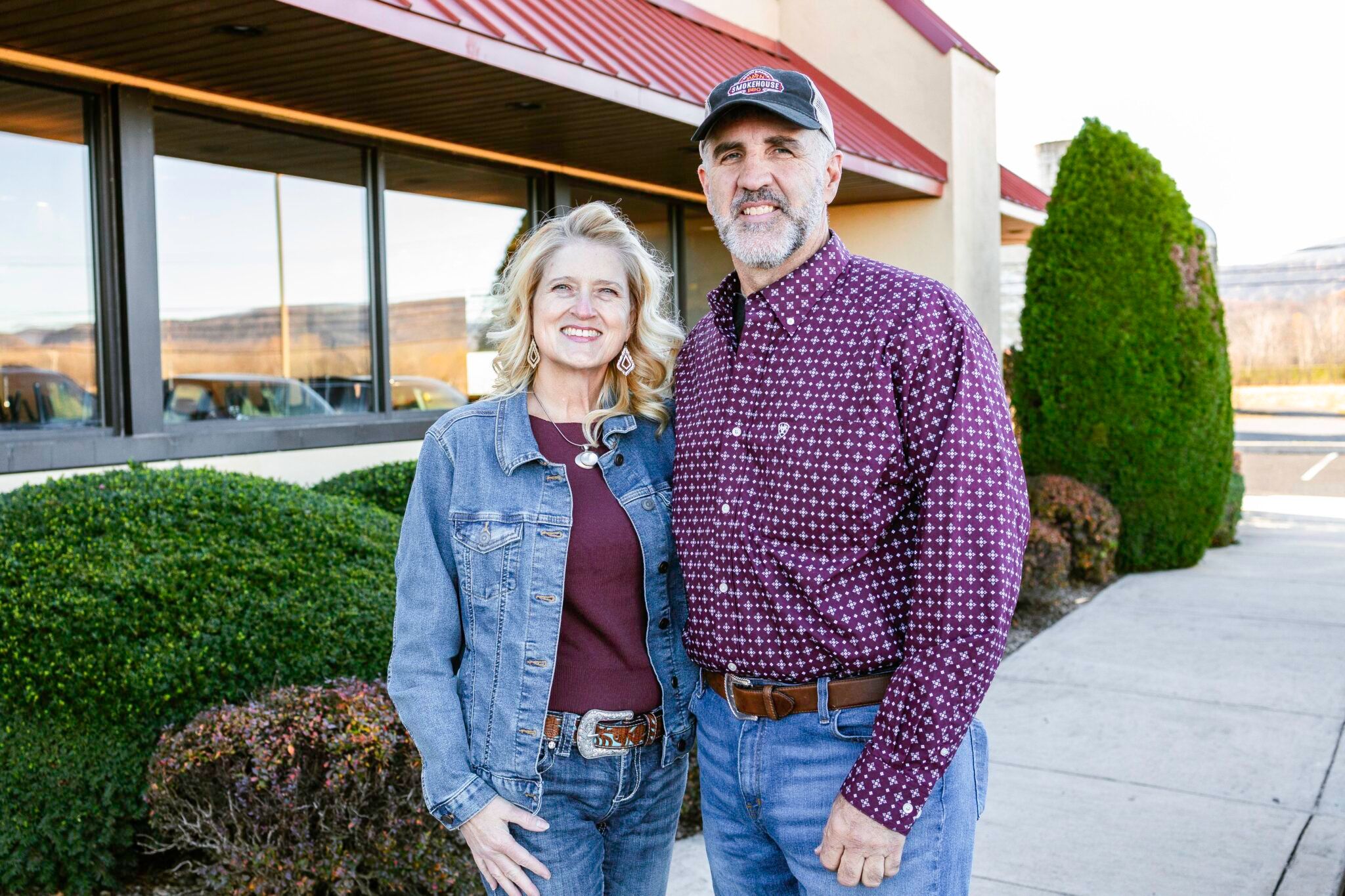









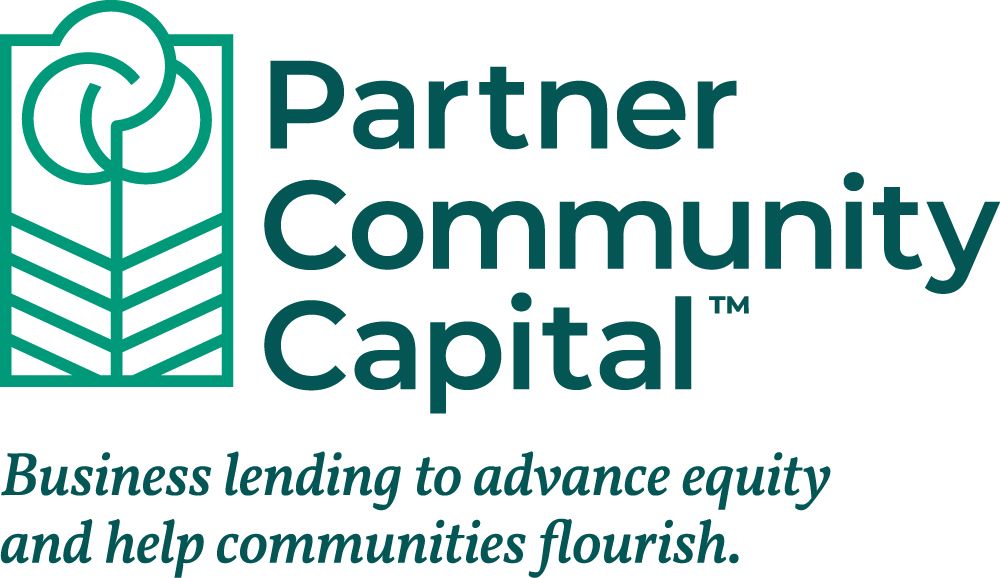

 Community Development
Community Development
 Environmental Sustainability
Environmental Sustainability
 Education
Education
 Health
Health
 Sustainable Agriculture
Sustainable Agriculture
 Renewable Energy
Renewable Energy
 Small Business
Small Business
 Gender Equity
Gender Equity


